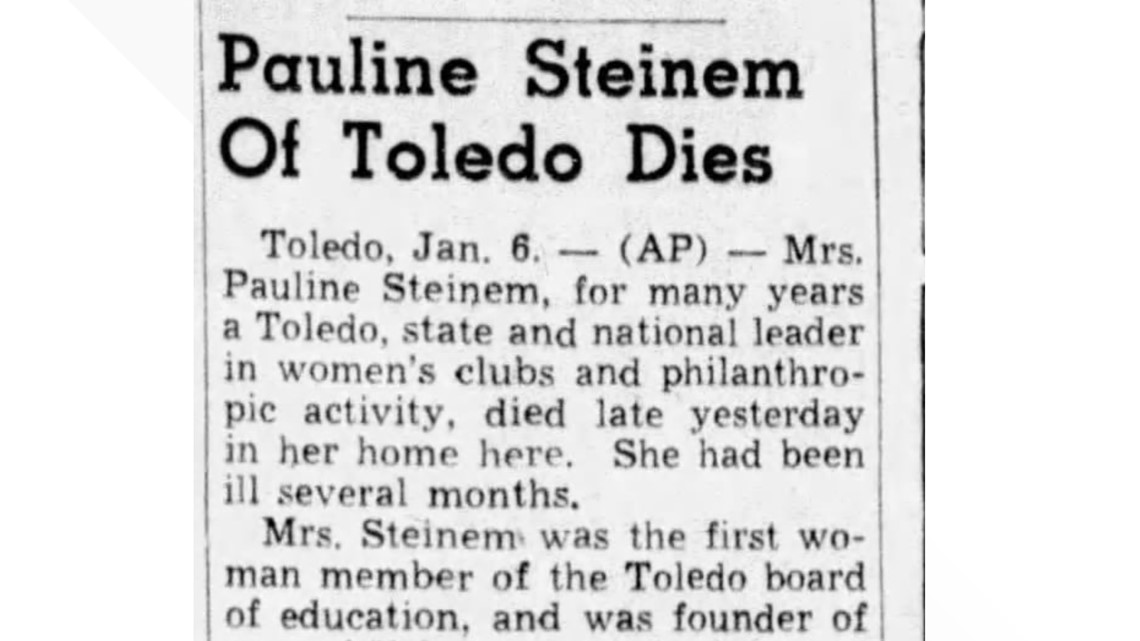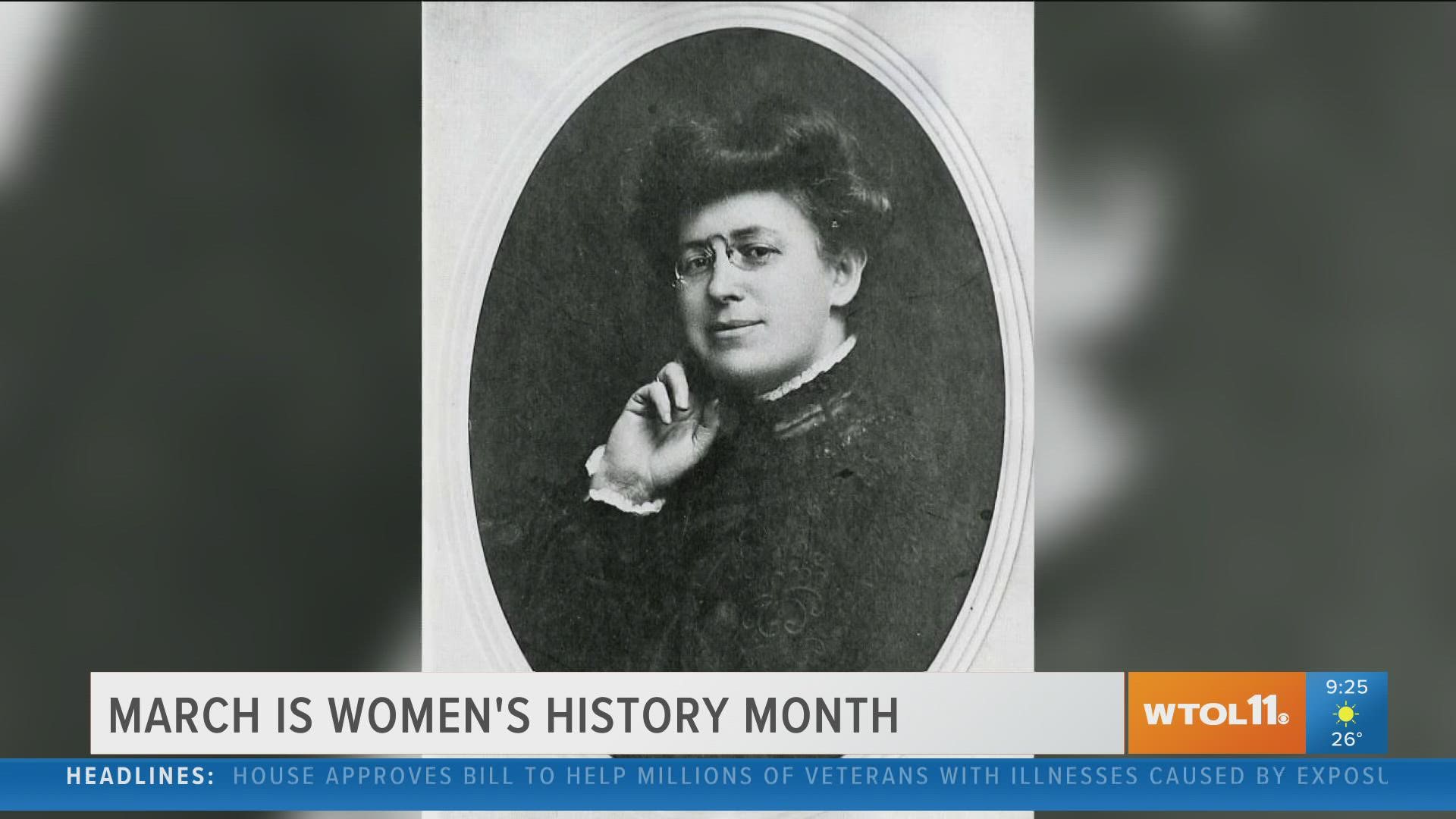Pauline Steinem: A Toledo trailblazer for women in public office
Pauline Steinem was the first woman elected to public office in the city, earning herself a seat on the Toledo Board of Education.
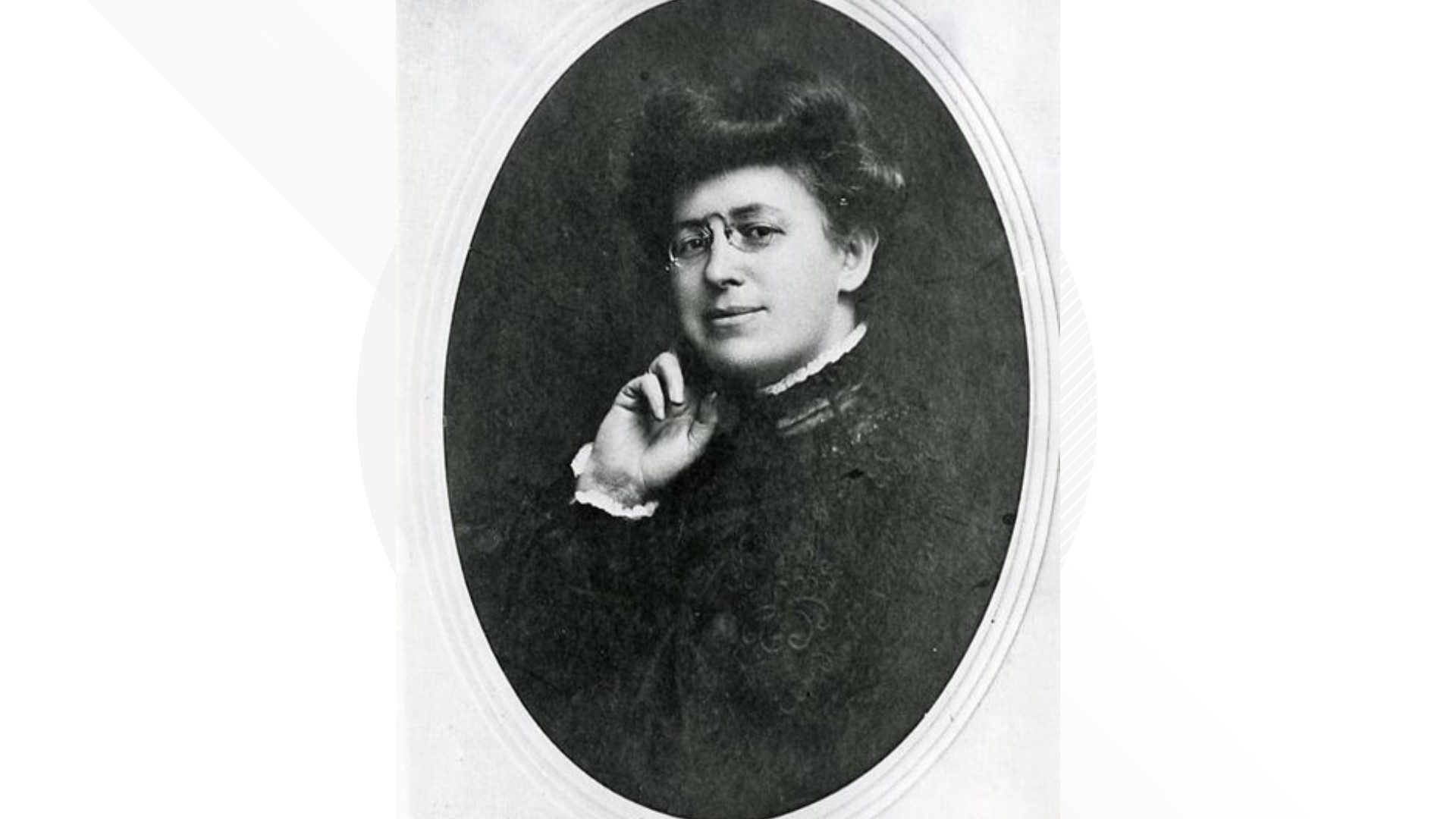
The name "Steinem" has become synonymous with the fight for women’s rights; and while it's likely feminist activist Gloria Steinem is who comes to mind, it was her grandmother Pauline who first broke through Toledo’s glass ceiling, becoming the city’s first woman elected to public office.
Early Life Steinem first discovered her love of education in Germany
Pauline was born in Poland in 1863, though she soon moved to Munich, where she found her love for the field of education.

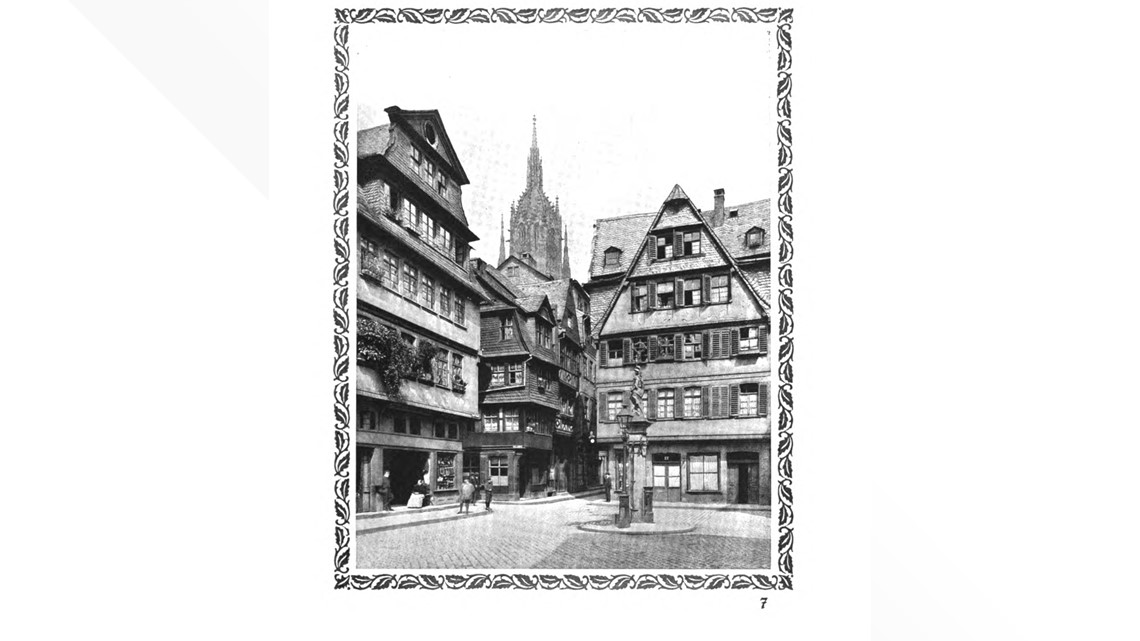
She attended the State Normal School of Bavaria, where she earned herself a teacher's diploma.
Steinem was drawn to the educational philosophy of Friedrich Froebel, who founded the kindergarten movement. He believed that each person had within themselves a "potential something", and that it was vital for people to become aware of theirs and foster it through growth and activity. These ideas were a key influence on Steinem's life both personally and professionally.
In 1884, she married Edgar Steinem, a reasonably successful liquor dealer and real estate salesman. Her husband was a German immigrant to Ohio, so at 24 years old, with a baby in tow, she moved with him to Toledo.
Toledo in the 1900s A champion of progress
Toledo at the time was a champion of progress, a climate that Steinem and other leaders of the suffrage movement used to their advantage.

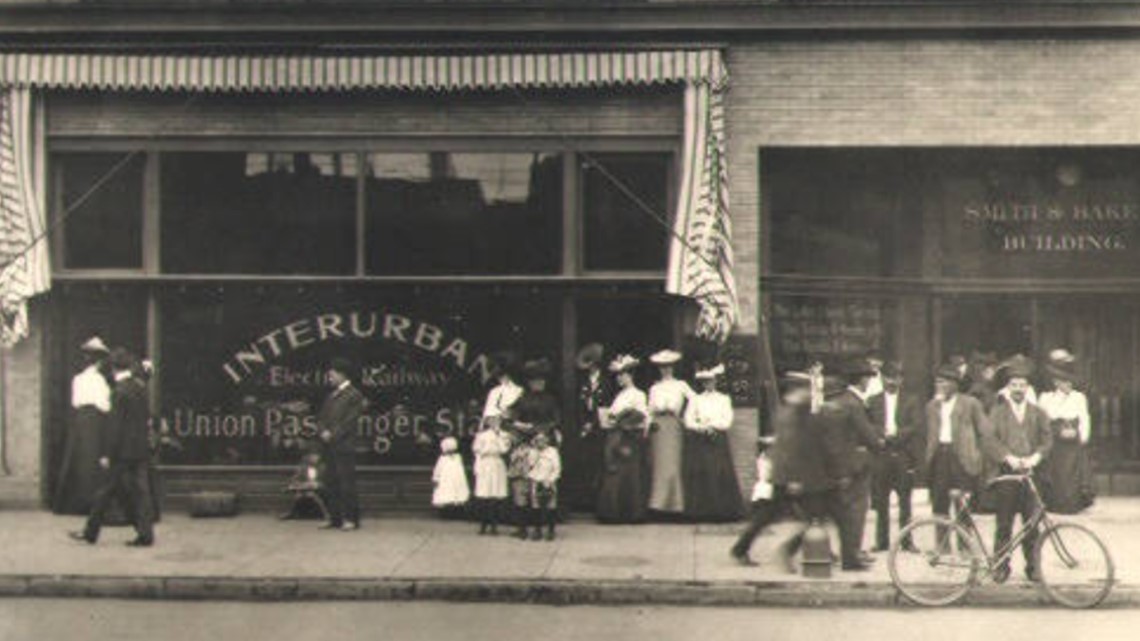
"At the turn of the century, when Mayor Samuel 'Golden Rule' Jones was leading our city, there was a progressive movement afoot," Toledo Public Schools historian Robyn Hage said. "We had the industrial revolution, we have a huge increase in immigrants coming into the city of Toledo, Toledo Public Schools is expanding exponentially, and we have this movement of unions that support the workers, and we finally have this mayor who says, ‘This is what we need to do.’ And women, I believe, really felt, ‘Here’s our opening. Here’s our chance. Someone is listening to our voice."

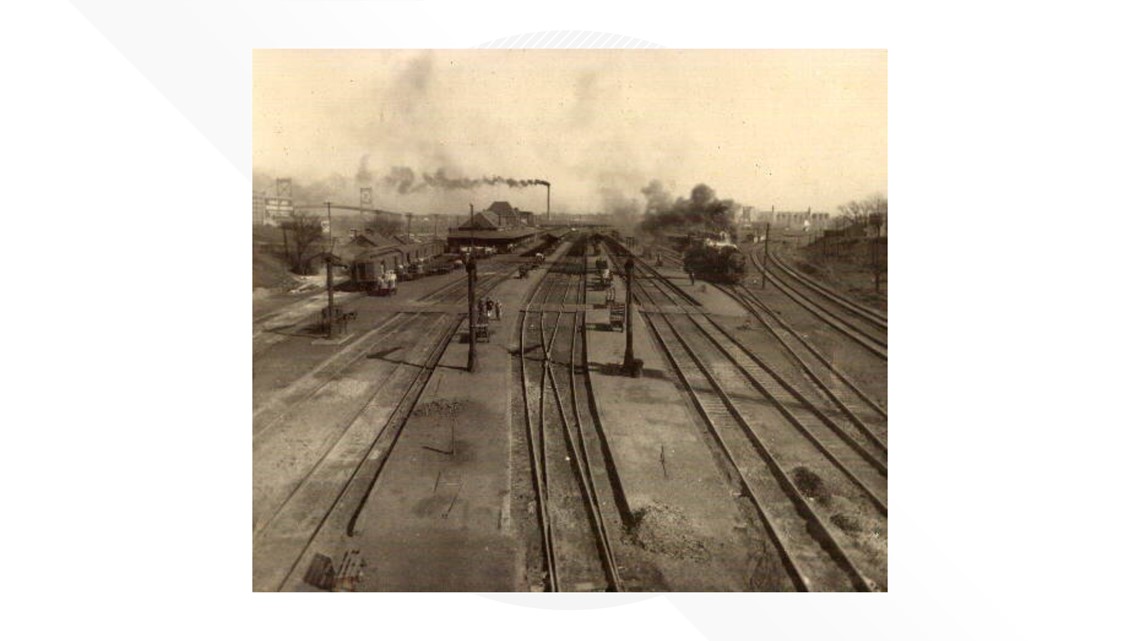
Steinem hit the ground running when she got to the Glass City, involving herself in faith-based organizations within the Jewish community.
For 14 years, she served as secretary of the Hebrew Ladies' Benevolent Society. She also held a leadership role within the Toledo district's Council of Jewish Women.
But, it was after she connected with Samuel "Golden Rule" Jones that she got the nudge to run for a spot on the Toledo Board of Education.
Run for Office Pauline runs for a seat on the Toledo Board of Education
Steinem was a huge supporter of Jones, and even worked alongside of him at his Sunday School, enrolling her two sons.
The pair bonded over a shared belief that personal growth was the cornerstone to a good life.

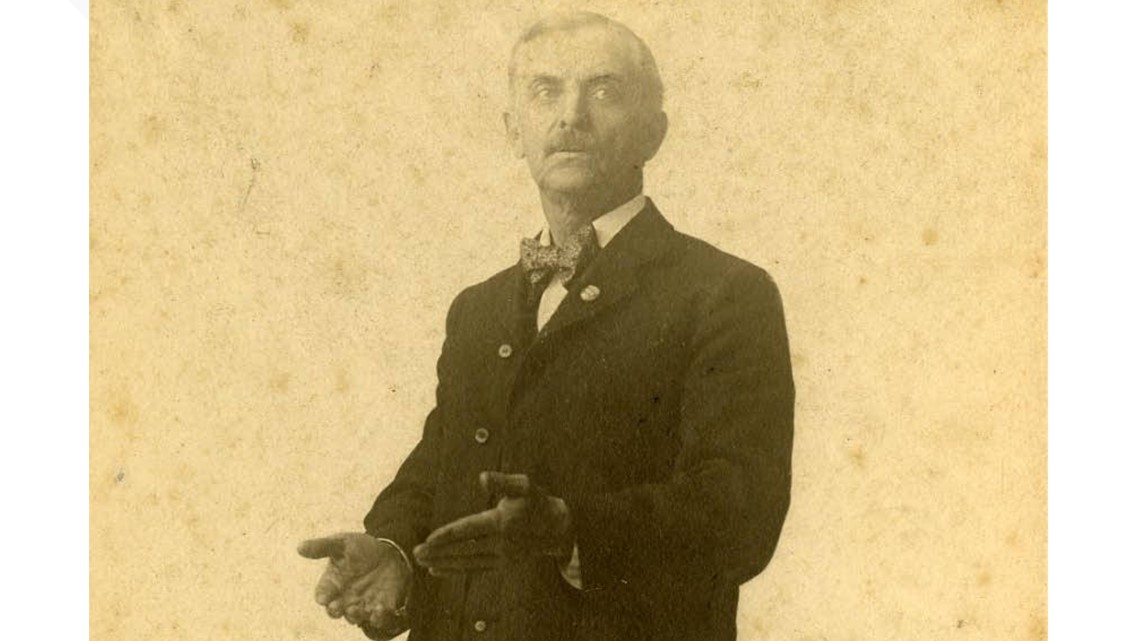
Steinem organized two summer programs for the school and while she gave that up to pursue other things, she left a good impression on the mayor.
In fact, due to a combination of her proven ability and cultural timing, Jones believed she would be a great fit to run for the city's school board.
"In 1896, women obtained the right to vote in school board elections, in their local election precincts," Hage said. "He approached Pauline Steinem and encouraged her to run because she had these ideas of fostering the educational advancement of the whole child, not just focusing on academics. He basically encouraged her to run because women had this right now to vote, shouldn’t they have a voice on the seat as well?"
But, her campaign wasn’t easy. Women had little voting experience at that point, and those who did branch out, were often ridiculed by elections officials.
"It’s my understanding that Steinem went into the registration places, which were back then somewhat seedy for single women to walk into, she was able to get her friends registered, and she won by 13,000 votes which is pretty incredible," Hage said.
Time on the Board Steinem pushed for better conditions in Toledo schools
Steinem took office in 1905 and focused her full attention on the job.
She pressed for more education for high school teachers, new textbooks and an overall better environment for students.
"She was very concerned about Toledo Public Schools graduating seniors that were emotionally stable and able to enter adulthood and be successful," Hage said. "So, when she visited the old Central High School, she witnessed firsthand the overcrowding conditions and she said, ‘This is enough.’ She was responsible for getting the 1908 bond levy passage for the creation of Scott and also Waite High School in 1913 and 1914."

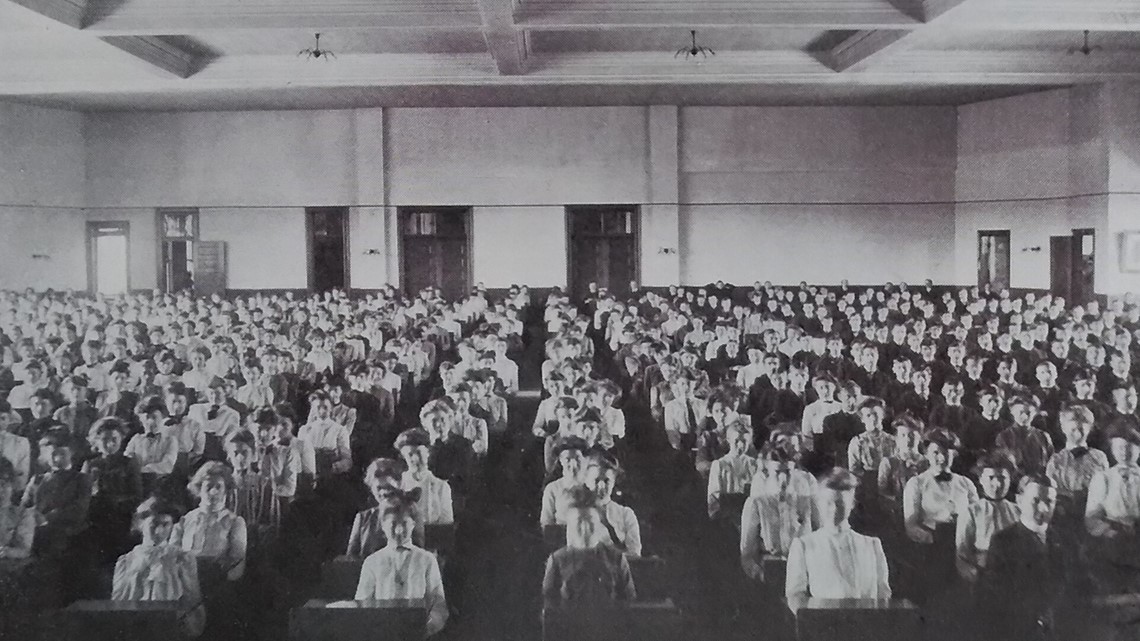
Despite her success on the board, Steinem declined to run again.
Later Years Steinem continued her advocacy
In 1911, Steinem took part in the Ohio Suffrage Association's effort to convince state leaders to give women the full right to vote. However, that effort proved unsuccessful.
She then traveled to Wisconsin, giving speeches in an attempt to spark change there.
It wasn't until 1920 that the 19th amendment was passed, giving most American women the right to vote in national elections. However, it is important to note that many women of color did not receive that right until years later.
From 1918-1921, Steinem served on the Board of State Charities, which was her final role in public service.
She took on retirement, focusing her full attention on family both near and far.
"During the crisis in Europe, in World War II, she realized she still had some Jewish relatives remaining there, and she worked hard to get them released," Hage said.
Steinem died in 1940 at 77 years old. Remembered for her intelligence, ability and drive, Steinem paved the way for not only her own descendants, but for all the future female leaders in the city of Toledo.

